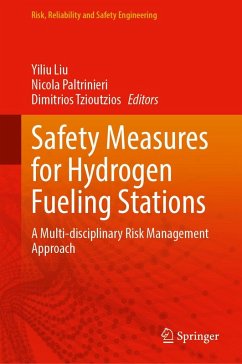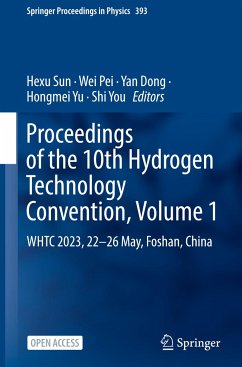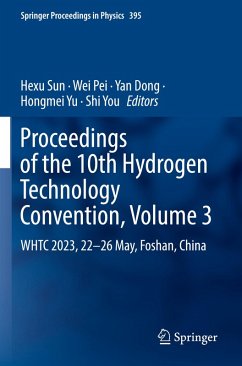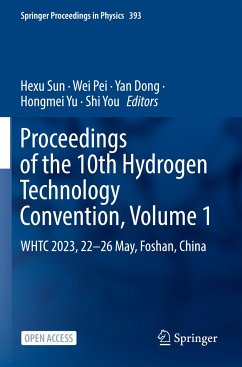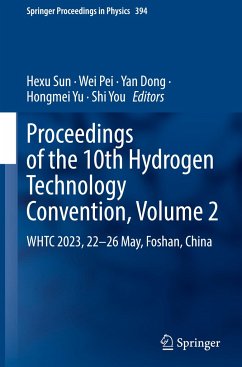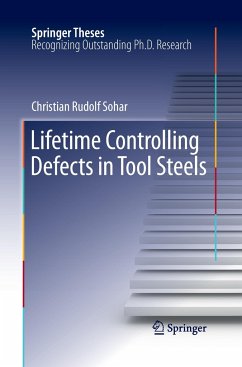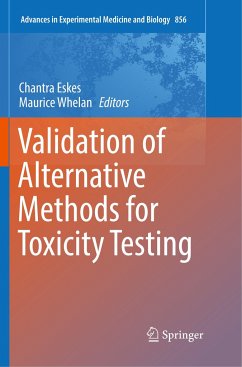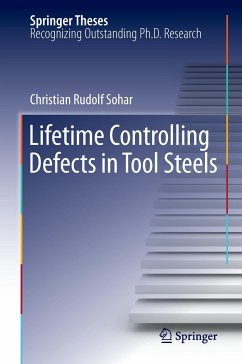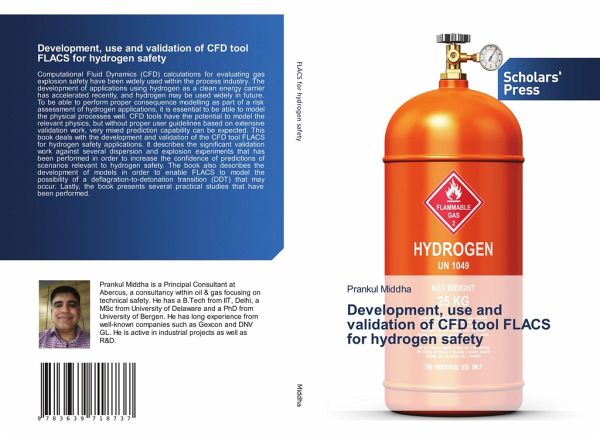
Development, use and validation of CFD tool FLACS for hydrogen safety
Versandkostenfrei!
Versandfertig in 6-10 Tagen
40,99 €
inkl. MwSt.

PAYBACK Punkte
20 °P sammeln!
Computational Fluid Dynamics (CFD) calculations for evaluating gas explosion safety have been widely used within the process industry. The development of applications using hydrogen as a clean energy carrier has accelerated recently, and hydrogen may be used widely in future. To be able to perform proper consequence modelling as part of a risk assessment of hydrogen applications, it is essential to be able to model the physical processes well. CFD tools have the potential to model the relevant physics, but without proper user guidelines based on extensive validation work, very mixed prediction...
Computational Fluid Dynamics (CFD) calculations for evaluating gas explosion safety have been widely used within the process industry. The development of applications using hydrogen as a clean energy carrier has accelerated recently, and hydrogen may be used widely in future. To be able to perform proper consequence modelling as part of a risk assessment of hydrogen applications, it is essential to be able to model the physical processes well. CFD tools have the potential to model the relevant physics, but without proper user guidelines based on extensive validation work, very mixed prediction capability can be expected. This book deals with the development and validation of the CFD tool FLACS for hydrogen safety applications. It describes the significant validation work against several dispersion and explosion experiments that has been performed in order to increase the confidence of predictions of scenarios relevant to hydrogen safety. The book also describes the development ofmodels in order to enable FLACS to model the possibility of a deflagration-to-detonation transition (DDT) that may occur. Lastly, the book presents several practical studies that have been performed.



